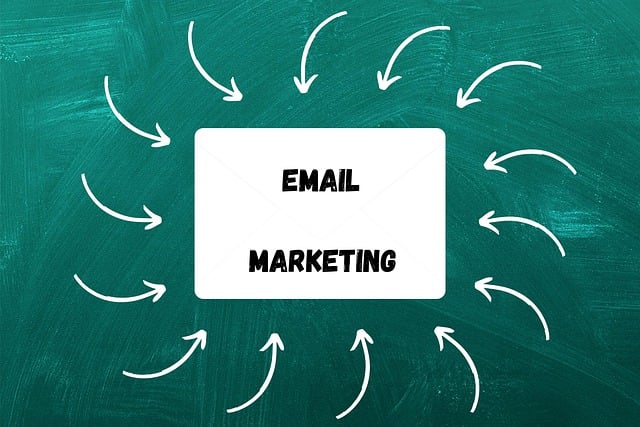AI natural language processing (NLP) revolutionizes subscription-based meal services by offering personalized suggestions based on customer data, enhancing satisfaction and loyalty. These tools analyze feedback, reviews, and communication to understand dietary needs and preferences, ensuring tailored meals. NLP enables continuous learning, improving prediction accuracy for optimized inventory management and profitability. Integrating AI in meal forecasting is a strategic move for digital landscape success, with regular model updates and user feedback integration driving performance in competitive markets.
“Unleash the power of Artificial Intelligence (AI) for your business with Natural Language Processing (NLP) tools. This innovative technology is transforming industries, including food service. In this article, we explore the benefits of AI-driven subscription-based meal forecasting, enhancing customer experience and operational efficiency.
We’ll delve into how NLP enables personalized recommendations, predicts demand, and optimizes menu planning. Additionally, discover strategies for successful implementation and optimization, ensuring your business stays ahead in the competitive market.”
- Understanding AI Natural Language Processing (NLP) Tools
- The Benefits of Subscription-Based Meal Forecasting with AI
- Implementing and Optimizing AI NLP for Business Success
Understanding AI Natural Language Processing (NLP) Tools

AI natural language processing (NLP) tools are revolutionizing how businesses interact with data and customers. These technologies understand, interpret, and generate human language, enabling advanced applications like sentiment analysis, text classification, and even predictive analytics. In the context of AI subscription-based meal forecasting, NLP plays a pivotal role in understanding customer preferences, analyzing historical orders, and generating personalized meal suggestions.
By leveraging NLP, subscription-based meal services can enhance user experiences through tailored recommendations. For instance, these tools can process customer feedback, reviews, and communication to identify patterns and tastes, ensuring each suggested meal aligns with individual dietary needs and preferences. This level of personalization not only increases customer satisfaction but also fosters loyalty, setting the stage for long-term success in the competitive food delivery market.
The Benefits of Subscription-Based Meal Forecasting with AI

The integration of AI in meal forecasting has revolutionized the way businesses operate, offering a sophisticated and personalized approach to nutrition. Subscription-based meal forecasting services leverage AI algorithms to analyze consumer preferences, dietary restrictions, and even psychological factors influencing eating habits. This not only ensures customers receive tailored meals but also enhances overall user experience.
By employing AI subscription models, these platforms can continuously learn from user feedback, improving accuracy in predicting meal choices. The predictive analytics capabilities of AI allow for optimized inventory management, minimizing food waste, and maximizing profitability. Moreover, it enables businesses to adapt menus in real-time, catering to evolving trends and customer demands, ultimately driving growth and competitiveness in the market.
Implementing and Optimizing AI NLP for Business Success

Implementing and optimizing AI natural language processing (NLP) tools is a game-changer for businesses looking to gain a competitive edge in today’s digital era. By leveraging NLP, companies can transform raw data into actionable insights, enabling them to make informed decisions and enhance overall efficiency. For instance, subscription-based meal forecasting platforms use AI to analyze customer preferences, dietary restrictions, and past orders, thereby personalizing meal suggestions and increasing customer satisfaction.
Optimizing these AI models requires a strategic approach. It involves continuous training with diverse datasets to improve accuracy and adapt to evolving language patterns. Regular updates and fine-tuning ensure that the NLP tools remain relevant and effective in processing complex business languages and terminologies. This iterative process, coupled with user feedback integration, leads to enhanced performance and drives business success in competitive markets.
AI’s natural language processing (NLP) tools are transforming businesses, as evidenced by the success of subscription-based meal forecasting services. By understanding and implementing these technologies effectively, companies can optimize operations, enhance customer experiences, and drive growth. As NLP continues to evolve, embracing these innovative solutions will be key for businesses aiming to stay competitive in today’s digital landscape.
